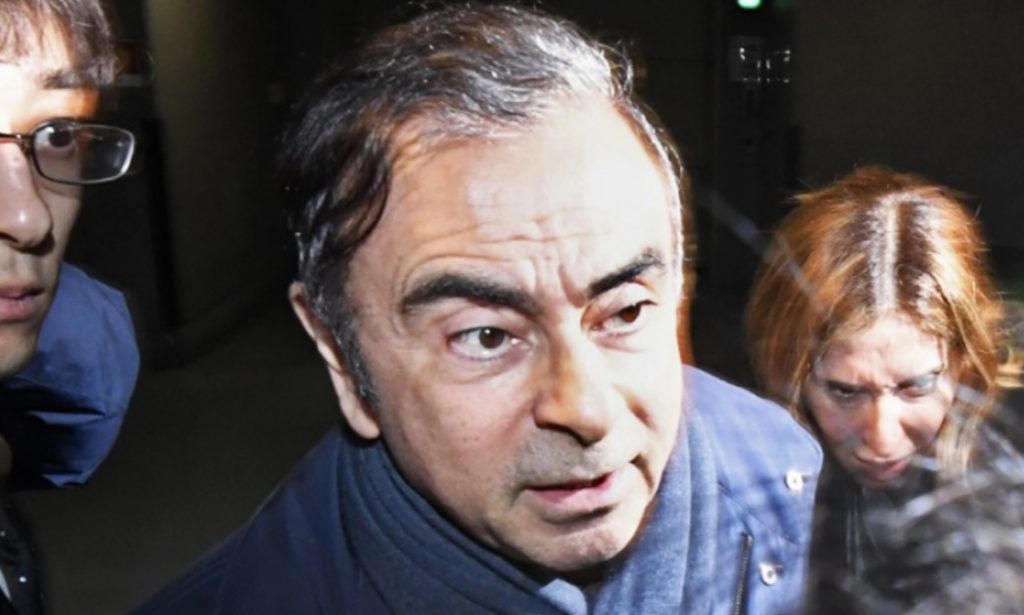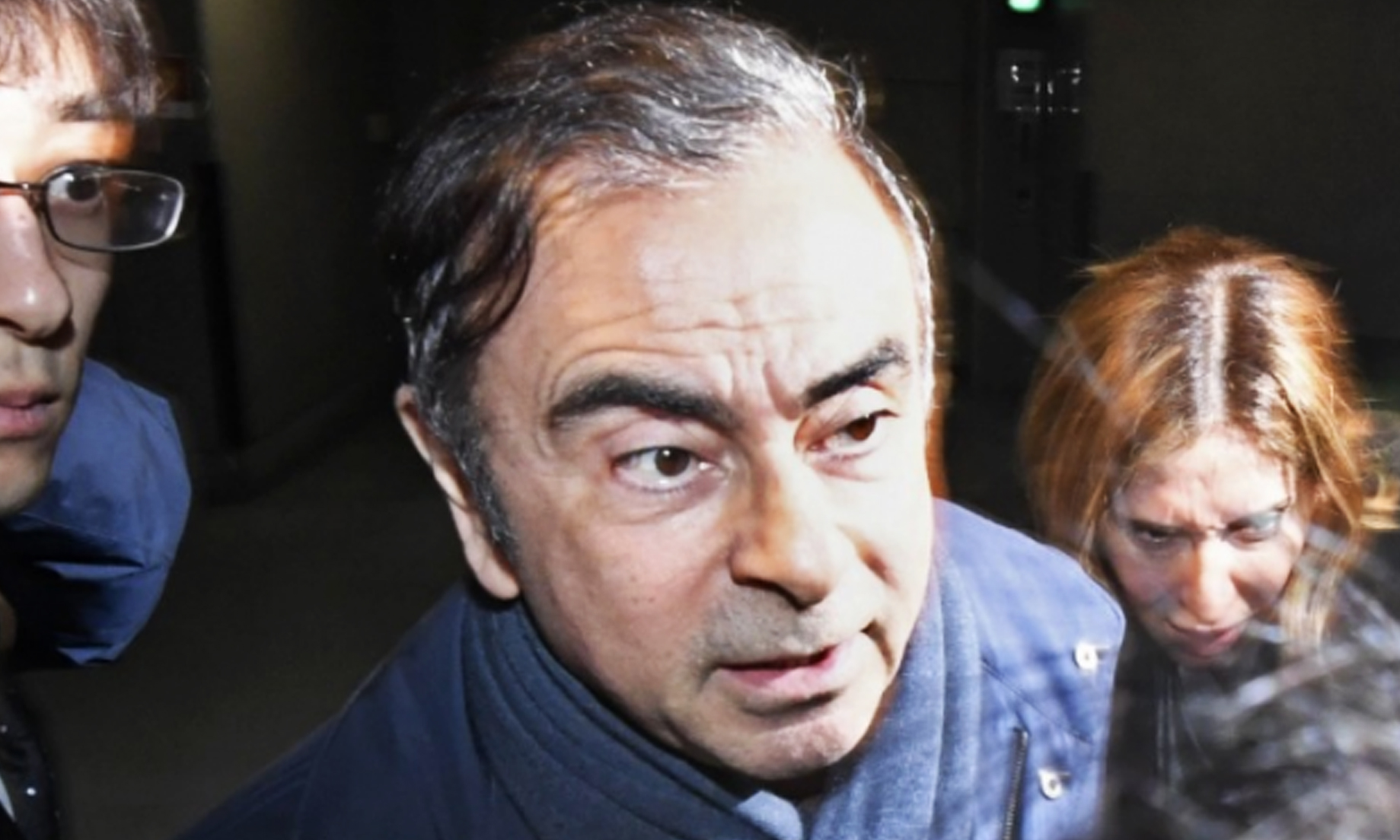
TOKYO, April 4 (NNN-KYODO) – Former Nissan Motor Co. Chairman Carlos Ghosn was arrested again Thursday, less than a month after he was released on bail, with prosecutors this time investigating alleged misuse of the automaker’s funds paid to a distributor in Oman.
Ghosn was served a fourth arrest warrant over the new allegation of aggravated breach of trust. The prosecutors said he had caused Nissan a loss of around 563 million yen ($5 million).
Sources close to the matter said earlier the fresh allegation is in connection with the use of part of 3.5 billion yen paid to the Omani distributor from 2012 as sales incentives from Nissan’s so-called CEO reserve, a pool of funds Ghosn could use at his discretion at the time.
Some of the funds were allegedly transferred via investment firm Good Faith Investments, run by a senior official of the distributor, to a company represented by Ghosn’s wife. The money may have been spent to purchase a luxury yacht for the use of Ghosn’s family and other items, according to the sources.
A U.S.-based investment company where Ghosn’s son serves as CEO is also suspected of receiving money from Good Faith Investments, the sources said.
Ghosn, who was released from the Tokyo Detention House on March 6, was taken to the prosecutor’s office in a car early Thursday, a day after the 65-year-old made a surprise announcement on Twitter that he would hold a press conference on April 11 to “tell the truth about what’s happening.”
Ghosn had been preparing to defend himself against charges that include violating the financial instruments law by underreporting remuneration to regulators over a number of years, as well as aggravated breach of trust in relation to the alleged transfer of private investment losses to Nissan.
During his time in detention, Nissan, Renault SA and Mitsubishi Motors Corp. all removed Ghosn, the three-way partnership’s architect, as chairman and vowed to strengthen the auto group in his absence.
The treatment of Ghosn following his arrest has brought Japan’s criminal justice system under international scrutiny, with practices such as detaining a suspect for a long period and conducting interrogations without a lawyer present likened by critics to “hostage justice.”






